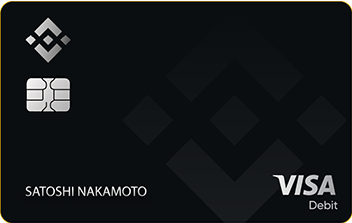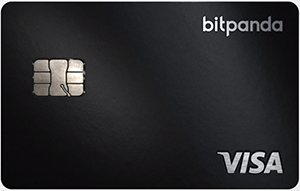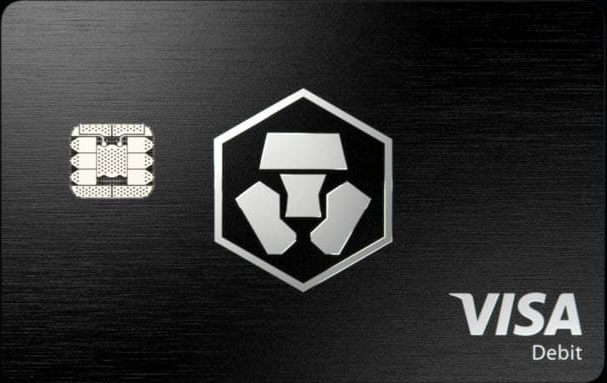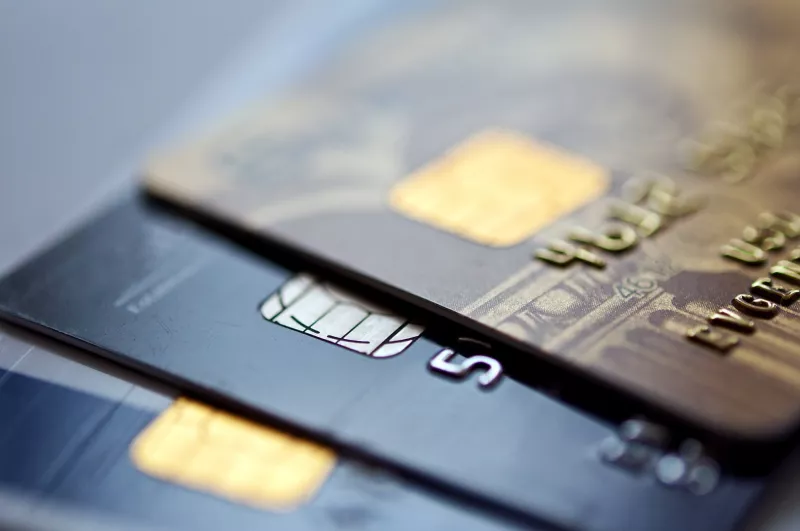The financial landscape has undergone significant transformations in the past decade, with cryptocurrencies at the forefront of this revolution. As digital assets began to gain mainstream acceptance, a glaring challenge presented itself: How can one seamlessly integrate the decentralized nature of cryptocurrencies with the established and familiar mechanisms of traditional finance? The answer lies in the advent of crypto credit cards.
Crypto credit cards represent a significant step towards achieving a symbiotic relationship between traditional finance and the innovative world of cryptocurrencies. Instead of waiting for merchants worldwide to accept cryptocurrencies, these cards allow crypto enthusiasts to spend their digital assets in a more conventional manner. They combine the flexibility and potential rewards of cryptocurrency holdings with the widespread acceptability of traditional credit and debit cards. It's like having the best of both worlds in your wallet.
Native tokens associated with crypto credit cards often play a pivotal role in the ecosystem of their respective platforms. They can offer benefits like reduced fees, increased rewards, and more. Let’s delve into the native tokens of the mentioned platforms and the benefits they offer.
To request a card from these platforms, holding their respective native tokens is a prerequisite. Consequently, we will also delve into a detailed description of these native tokens and their benefits.
In this article, we will delve deep into the world of crypto credit cards, focusing on Binance, Bitpanda, Plutus, and Crypto.com. These platforms are just some of the already available brands that recognized the potential of integrating crypto into daily transactions and have developed credit card offerings that not only facilitate this but also come loaded with rewards and incentives.
Binance
Founded in 2017, Binance rapidly expanded its user base to over 15 million by 2021, making it one of the world's largest cryptocurrency exchanges by trading volume. To apply for the Binance Card, users must have a verified Binance account, after which the card can be linked to their Binance wallet. The key advantage of the Binance Card is its ability to convert and spend cryptocurrencies at over 60 million merchants globally, with cashback rewards on purchases influenced by the amount of Binance Coin (BNB) a user holds.
Binance Coin (BNB)
Initially launched on Ethereum as an ERC-20 token, BNB later migrated to Binance's native blockchain, Binance Chain. It was initially introduced to pay for trading fees on the Binance platform.
- Benefits: Discounted Trading Fees: Holding and using BNB to pay trading fees on the Binance platform gives users a discount.
- Staking: Users can stake BNB to earn rewards and participate in the governance of the Binance Smart Chain.
- Card Benefits: The amount of BNB held by a user determines up to 8% cashback they receive on the Binance Card.
Bitpanda
Established in 2014, Bitpanda started as a broker for buying and selling Bitcoin but soon evolved, attracting over 3 million users by 2021. Those with a verified Bitpanda account can apply for the Bitpanda Card, which then gets linked to their Bitpanda wallet. The standout feature of the Bitpanda Card is that it automatically converts digital assets into fiat currency during purchases, enabling users to shop anywhere traditional credit cards are accepted. Additionally, users can earn up to 2% cashback in Bitcoin with each purchase.
Bitpanda Ecosystem Token (BEST)
BEST is Bitpanda's native ecosystem token and plays a central role in the Bitpanda ecosystem. It offers users a variety of benefits and discounts within the Bitpanda platform.
- Benefits: Trading Discounts: Holding and using BEST can provide up to a 25% reduction in trading fees on the Bitpanda platform.
- Exclusive Webinars & Events: BEST token holders can gain access to exclusive events, webinars, and more.
- Rewards: BEST rewards for BEST holders. Free tokens for spotlight candidates.
- Card Benefits: To unlock the full benefits of the Bitpanda Card, users need to hold a certain amount of BEST tokens. This includes higher cashback rewards and other associated perks.
- Token Burns: Bitpanda conducts regular "token burns" to reduce the overall supply of BEST, which can influence the token's value.
Plutus
Founded in 2015, Plutus has carved a niche for itself in the European crypto market. To get a Plutus card, users must set up an account and undergo a KYC procedure. Once approved, they can start using the card and enjoy the unique advantage of earning 3% back in the platform’s native token, PLU, on every purchase. Moreover, Plutus stands apart with its decentralized exchange, ensuring users maintain full control of their crypto assets without relying on a centralized entity.
Pluton (PLU)
Pluton (PLU) is Plutus' native token. It's an Ethereum-based ERC-20 token and is rewarded to users for using the Plutus card.
- Benefits: Rewards: Users earn PLU as rewards when using the Plutus card.
- Staking: By staking PLU on the platform, users can access enhanced cashback rewards and other perks.
- Discounts: Holding PLU can offer users discounted rates on Plutus’ premium account and other services.
Crypto.com
Launched in 2016, Crypto.com boasts a user base of over 10 million by 2021, offering a broad spectrum of financial products centered on crypto. After registering on the Crypto.com app, users can apply for their card, with the type of card and benefits determined by the amount of the platform’s native token, CRO, they stake. The Crypto.com card offers enticing cashback in CRO on every purchase, ranging from 1% to 8%, with certain tiers also providing additional perks like complimentary Spotify, Netflix, and airport lounge access.
CRO
Cronos (CRO) is the native token of the Crypto.com Chain. It's used to facilitate transactions on the chain and offers a range of benefits on the Crypto.com platform.
- Benefits: Staking Rewards: By staking CRO, users can earn interest, often at competitive rates compared to other platforms.
- Card Tiers: The amount of CRO a user stakes determines their card tier on the Crypto.com platform. Higher tiers offer increased cashback percentages and additional benefits.
- Payment Discounts: Paying with CRO on the Crypto.com platform or partner merchants can offer discounts or cashback.
- Access to Syndicate Events: Users staking CRO can gain access to Crypto.com's Syndicate events, where new tokens are launched at discounted rates.
Crypto credit cards offer a tangible bridge between the digital world of cryptocurrencies and everyday life. Whether you’re seeking to harness rewards in the form of crypto cashbacks, or merely want to spend your digital assets in a world dominated by traditional fiat currency, there's likely a crypto card out there that fits your needs. As always, it's essential to do your research and choose the card that aligns with your spending habits and financial goals.
Similar Articles

opBNB: Revolutionizing BSC with Scalability and Low-Cost Transactions

Decentralized finance (DeFi) and other blockchain-based applications are booming, but scaling challenges have made it difficult for many projects to achieve mass adoption. StarkNet offers a solution by providing a Layer 2 network that can handle massive transaction volumes while still preserving the security and composability of Ethereum.

Potential Airdrops - be one of the first and you might get great rewards.

MyEtherWallet is a free open-source project. It provides the user with an interface for the Ethereum blockchain. Through this interface to the ETH Blockchain, it is possible to gain an insight into the transactions made there.






